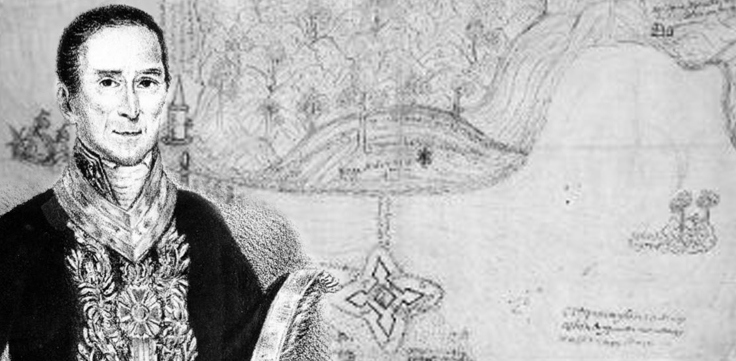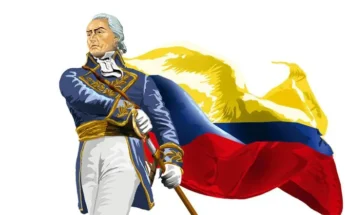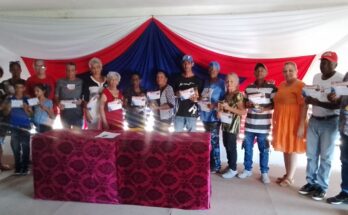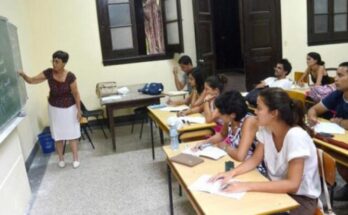Florida, Mar. 30 – The Cuban scientific community always evokes the scientist Tomás Romay y Chacón, physician, humanist and sage, considered the Cuban Hippocrates, who died on this date in 1849.
He was the disseminator of anti-variol vaccination in Cuba, Romay carried out numerous actions for disease prevention and health promotion, making him the first Cuban hygienist, and for his contributions to progress in Medicine, Chemistry, Botany, Agriculture, Hygiene, Education and Culture in general, he is recognized as the initiator of the Scientific Movement in the country.
Romay made the first scientific study of yellow fever published in Cuba, was one of the editors of the Papel Periódico de La Habana, since its foundation in 1791, and a prominent member of the Real Sociedad Económica de Amigos del País, of which he was its director in 1842, and became, together with the economist Francisco de Arango y Parreño and the philosopher José Agustín Caballero, one of the main figures of the progressive movement promoted by the great Creole bourgeoisie of the late 18th and early 19th centuries.
Tomas Romay was one of the first Cuban intellectuals, along with his extraordinary work in the fight against smallpox, he carried out important reforms in medical teaching by introducing new methods of instruction based on observation and practice, promoted the modernization of clinical medicine, and managed to reestablish the teaching of Anatomy.
Undoubtedly, his work is a paradigm for the present generations of Cuban physicians, scientists and hygienists.





